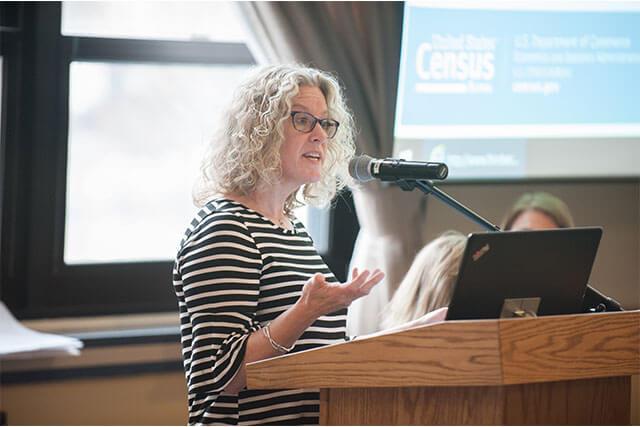Improve the lives of the people in your community with a social work degree. Our respected Bachelor of Social Work program helps you gain a better understanding of theories of human behavior and the social environment. You’ll develop values, ethics, and critical-thinking skills as you advise, counsel, and connect people in need with resources that can help. The Bachelor of Social Work program includes both classroom work and practicum (internship) experience. Learn about social welfare policy and planning, human behavior, and the social environment as you develop valuable research skills.
Accredited by the Council on Social Work Education (CSWE), the Bachelor of Social Work program at Westfield State University prepares you to practice generalist social work at the entry level, as well as for graduate education in social work. Once you graduate, you are eligible to sit for the state licensure exam (LSW) and may be eligible for advanced standing in any graduate social work program in the U.S.










